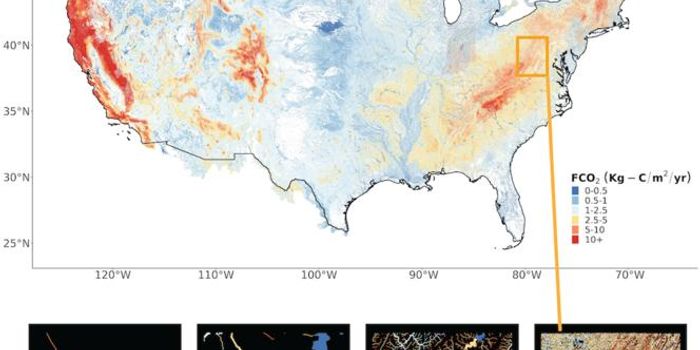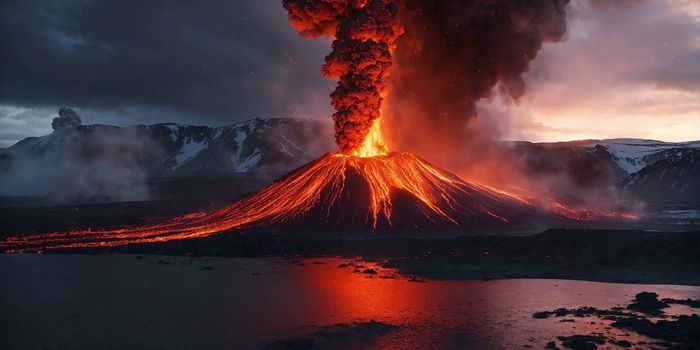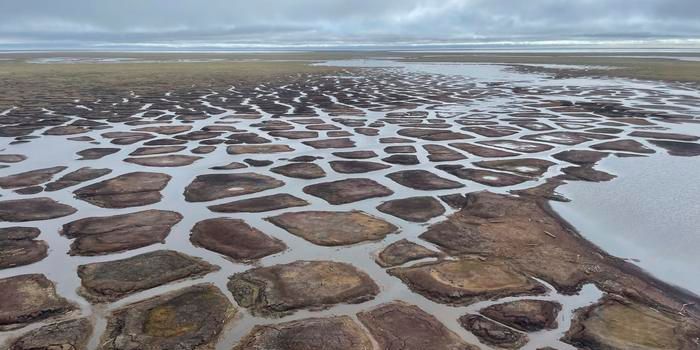Human Presence Alone Can Create "Landscape of Fear" for Wildlife
In a recent study published in Scientific Reports, a team of researchers led by Washington State University (WSU) examined hiking trails at Glacier National Park both during and after Covid-19 closures to ascertain how mere human presence impacts wildlife behavior, discovering that 16 of 22 mammal species altered their behavior, to include where and when they accessed certain areas. This study holds the potential to help us better understand both the short-term and long-term impacts of humans on nature and the environment.
"When the park was open to the public, and there were a lot of hikers and recreators using the area, we saw a bunch of changes in how animals were using that same area," Dr. Daniel Thornton, who is a WSU wildlife ecologist and a co-author on the study, said in a statement. "The surprising thing is that there's no other real human disturbance out there because Glacier is such a highly protected national park, so these responses really are being driven by human presence and human noise."
The pandemic presented a unique opportunity for this study to happen, as the researchers set up a series of cameras to observe lynx populations in Glacier when the pandemic started. Since the eastern portion of Glacier was closed in 2020, the researchers took images in the summer of 2020 as well as 2021.
The species that demonstrated a reduction in trail area use included black bear, white-tailed deer, and elk, and many species were found to even reduce their daytime activities, to include coyotes, snowshoe hare, grizzly bears, and mule deer. Despite this, it was also found that cougars didn’t change their behavioral patterns at all.
"This study does not say that hiking is necessarily bad for wildlife, but it does have some impacts on spatiotemporal ecology, or how wildlife uses a landscape and when," Alissa Anderson, a recent WSU master's graduate and lead author on the study, said in a statement. "Maybe they are not on the trails as much, but they're using different places, and how much does that actually impact species' ability to survive and thrive in a place, or not? There are a lot of questions about how this actually plays into population survival."
Sources: Scientific Reports, WSU Insider,
As always, keep doing science & keep looking up!









